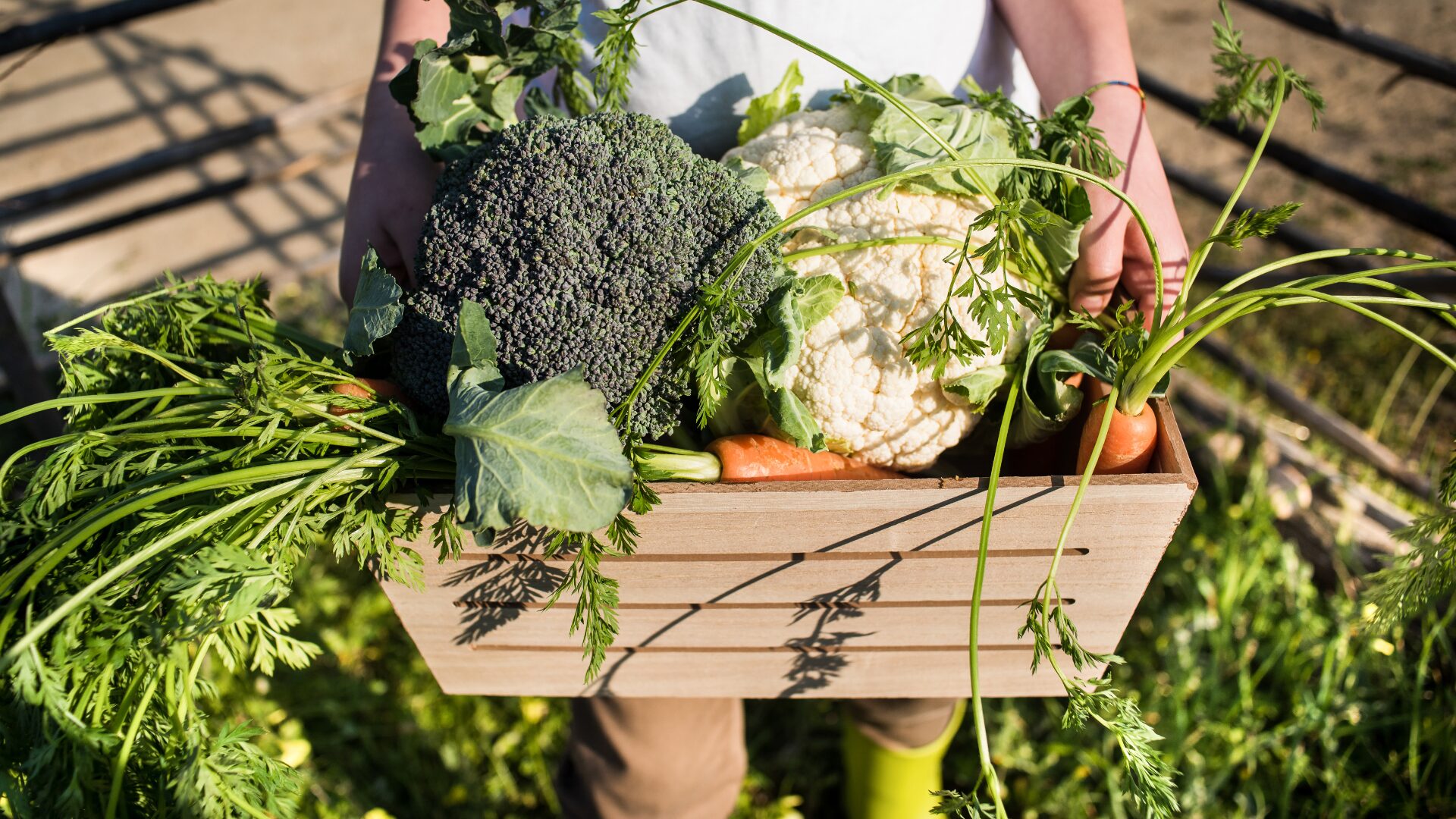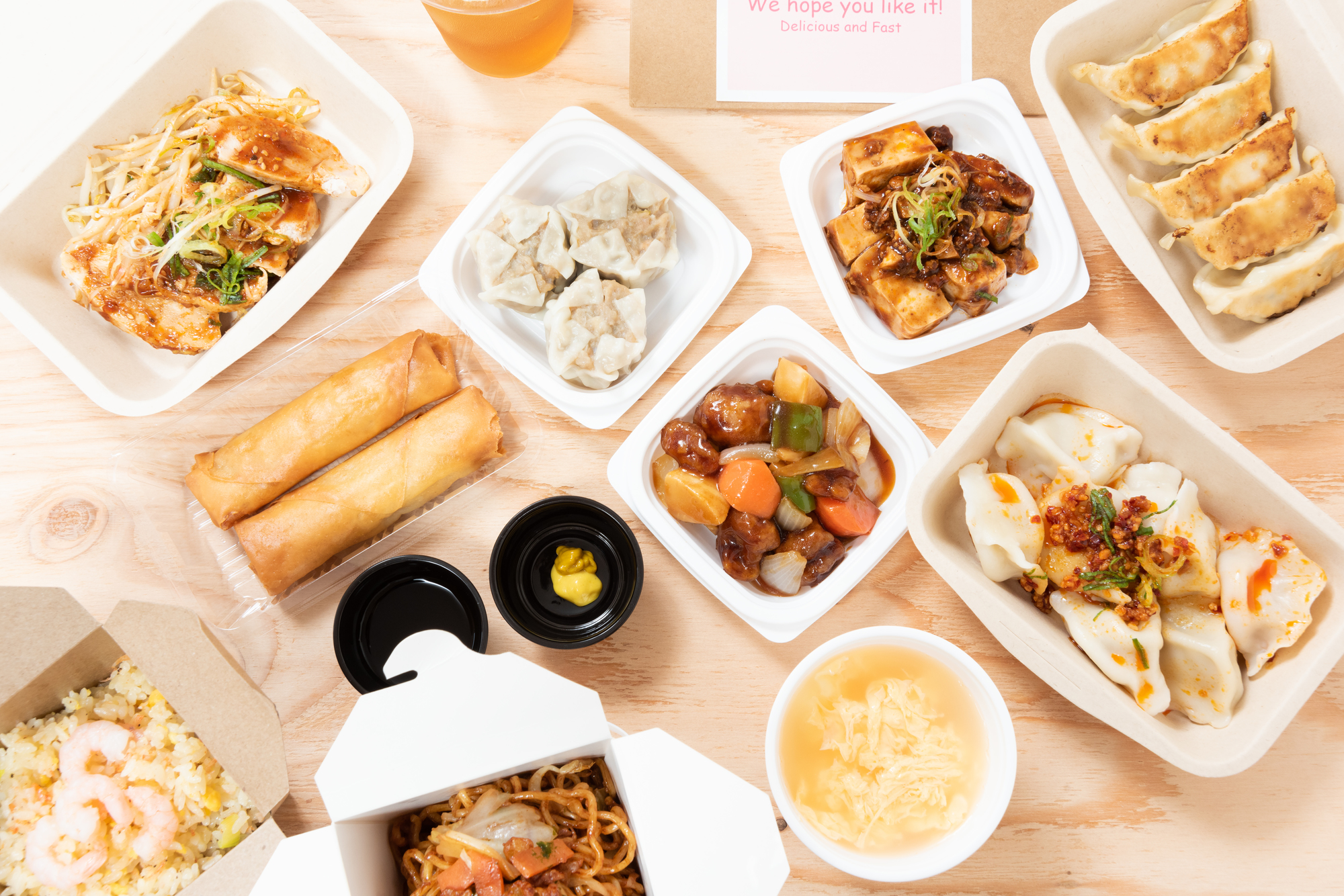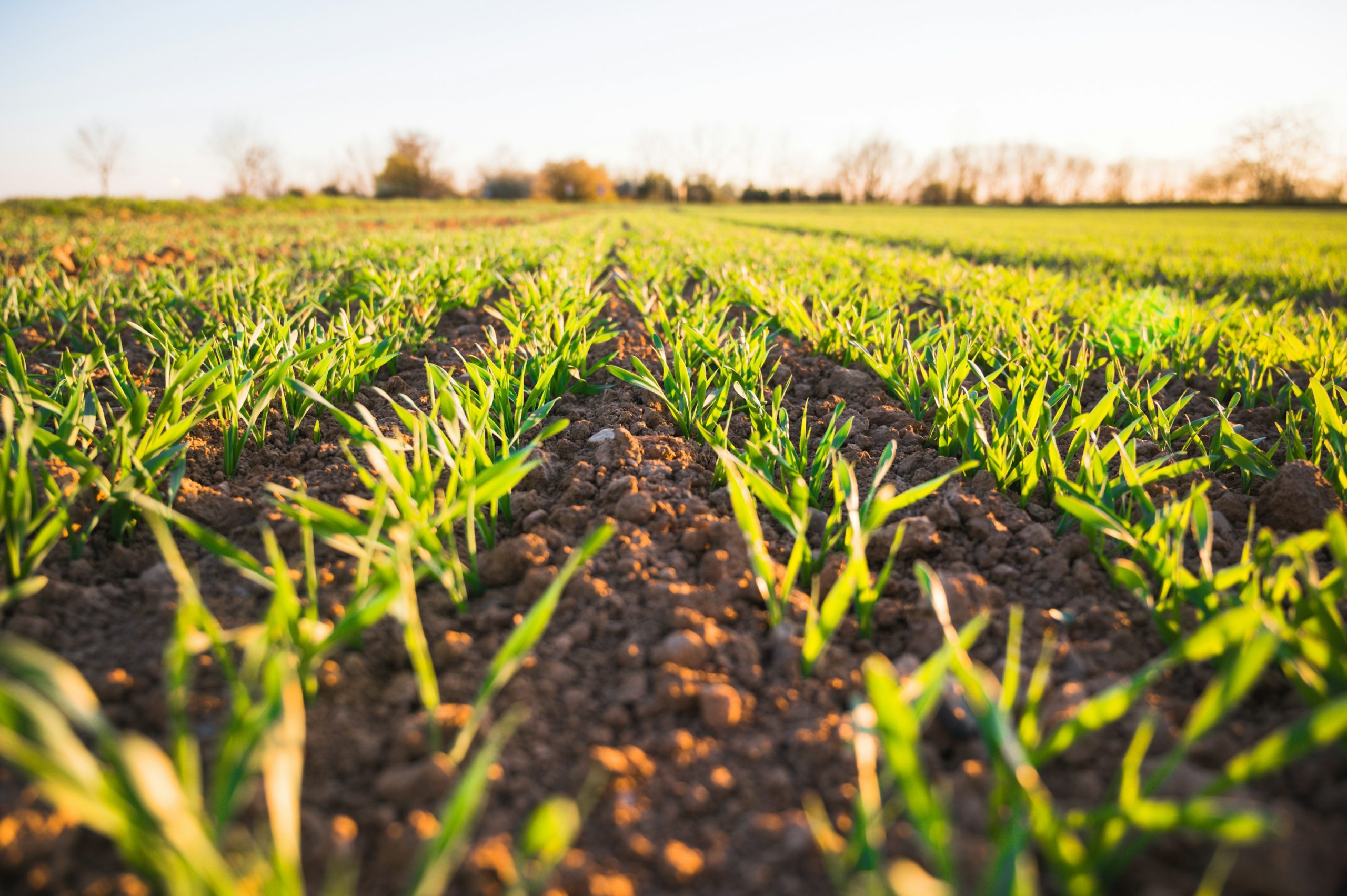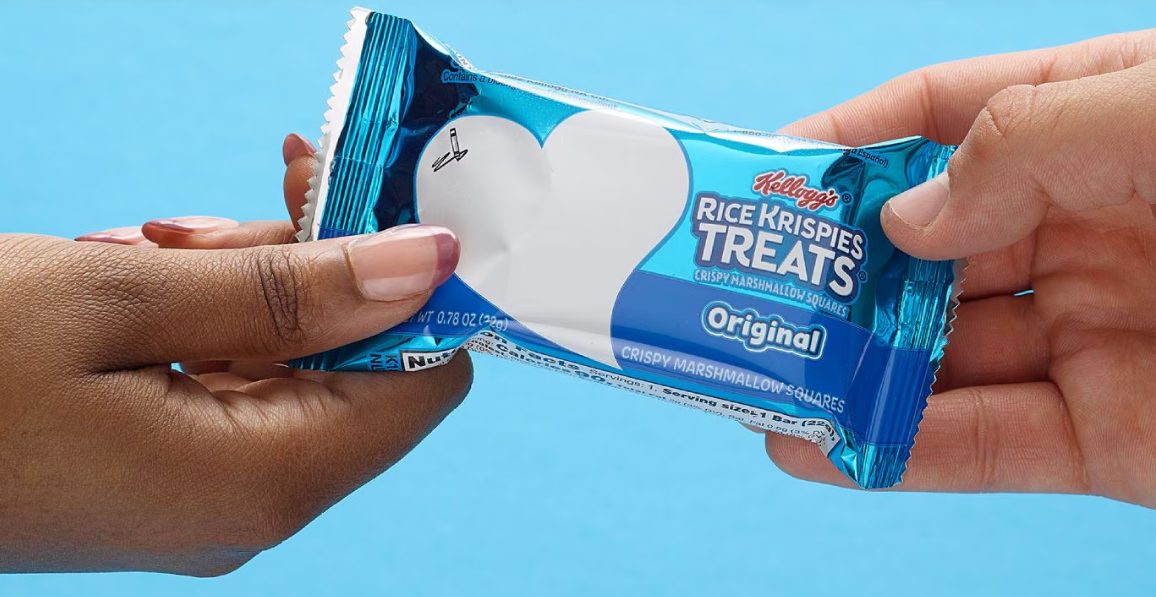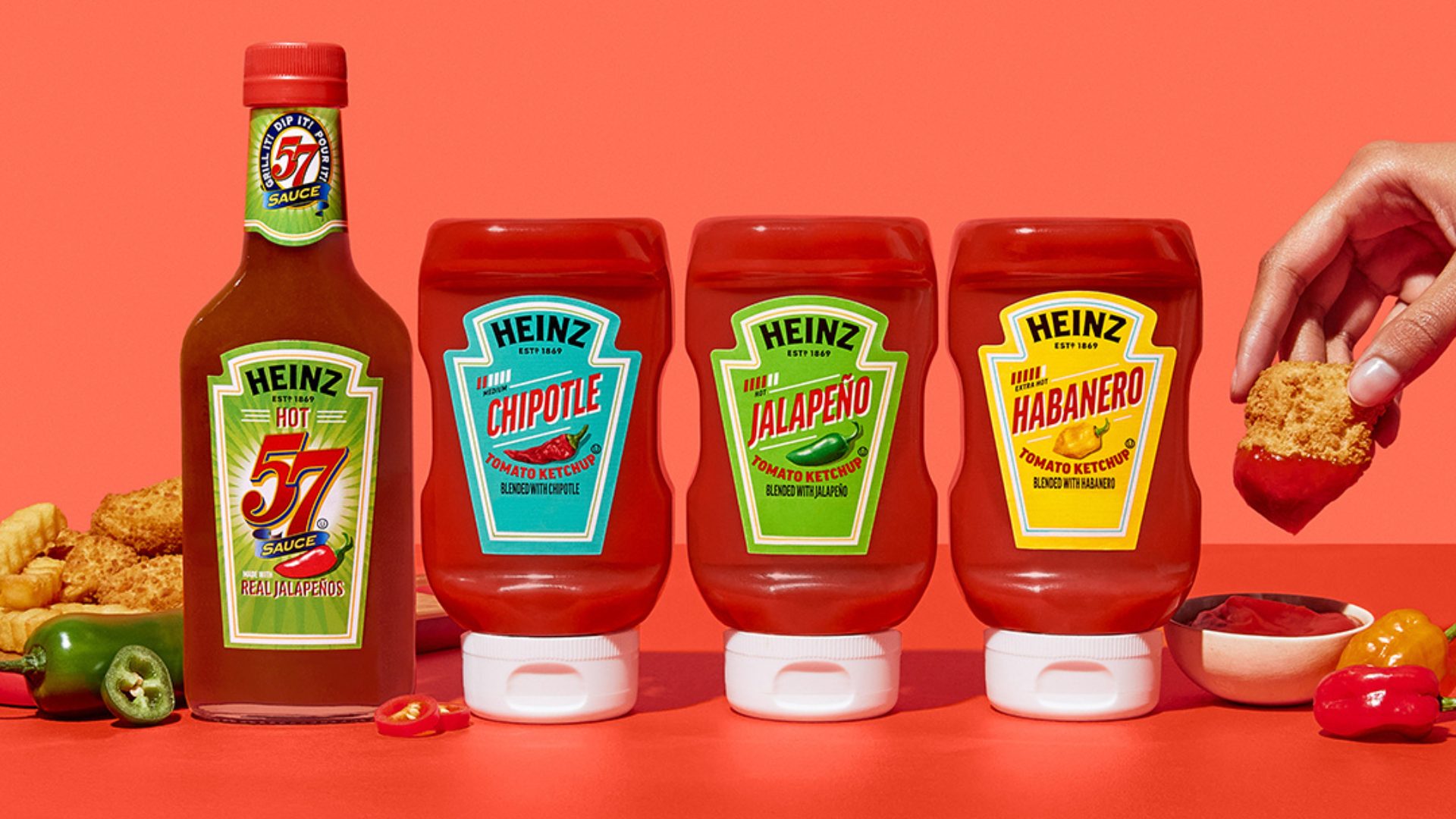MEDICINE LAKE, Minn. – Sustainability has become a buzzword among business leaders. Yet, in 2024, many companies are still considering exactly how to operate sustainably. It’s a challenge that Kellanova executive Dr. Deepali Palta has thought about at length.
“Sustainability,” she said, “is not a market advantage. It’s just a non-negotiable for us.”
When you’re a venerable, multinational food manufacturer like Kellanova, modern consumers keep a close eye on whether you operate in a manner that shows respect for both people and the planet. And, when it comes to showing respect for natural resources, Kellanova doesn’t take its responsibility lightly, said Palta – the company’s VP of global research and development.
“I’m a fan of quoting movies,” Palta noted, and it’s “like Spider-Man says: ‘With great power comes great responsibility.’”
Palta feels sustainability and innovation are often closely correlated. While speaking at the recent Transform Food & Agriculture USA event, she pointed to Pringles potato crisps’ modern cans, made of recyclable paper. When that packaging was redesigned, Palta’s employer made sure that staff members specializing in technology, the global supply chain, engineering, and the commercial world came together for a lengthy problem-solving discussion as the company looked to make Pringles fully recycled at scale.
These days, Kellanova frequently considers the following, Palta said: “The kinds of questions we’ve been asking our partners (are) ‘What does the ingredient supply look like? What do we put in Pringles? What does Pringles stand for? How do we think about sustainability from the start? How do we think about the manufacturing process to be more agile, more flexible for the future?’”
As she leads R&D for a major food manufacturer, Palta tries to keep a simple acronym in mind: CBT, which stands for consumer, business, and technology.
“So, making sure that you’re thinking about your consumer proposition, you’re thinking about your business proposal, and you’re thinking about your technology – either as a resource or, more likely, an enabler of the full proposition we have for the consumer,” Palta explained.
Ultimately, Palta said, the “consumer has to be at the center of everything you do.”
As the food industry tries to help limit the depletion of natural resources while maintaining ecological balance, Palta feels more could be done to aid farmers. She’d like to see additional training provided to farmers, along with technical assistance related to improving soil health.
“We know that technology is going to transform how we eat, how we shop, how we innovate, and even how we manufacture our food,” Palta said. And, she added, “We have no way of knowing what lays ahead of us in the future. All we can do is use the information at hand to make the best decision possible.”
The Food Institute Podcast
Restaurant results for the second quarter weren’t stellar, but people still need to eat. Are they turning to their refrigerators, or are restaurants still on the menu for consumers? Circana Senior Vice President David Portalatin joined The Food Institute Podcast to discuss the makeup of the current restaurant customer amid a rising trend of home-centricity.


